How To Treat Nodular Acne
Nodular acne is a form of acne that is more severe than normal hormonal breakouts. It is characterized by large, painful, and inflamed acne nodules. Acne nodules grow deeper into the skin layers than normal pimples would, and it occurs most often on the face and back, but can occur anywhere on the body. Acne nodules are known to last much longer than a typical pimple or zit, in fact, they often don’t heal for months. Acne nodules are very hard and painful knots that sit under the skin and usually do not form a white head. While nodular acne does share similarities with cystic acne, they are not quite the same. Learn about the best ways to treat nodular acne now.
Laser Therapy
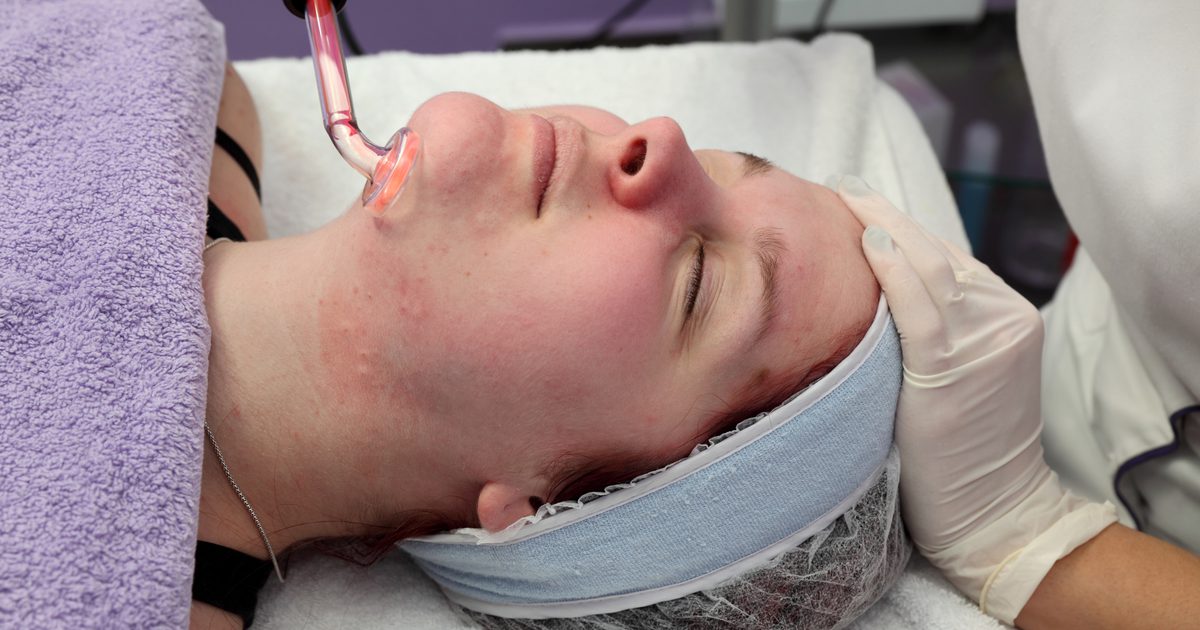
Laser therapy treatment for nodular acne is a treatment option ideal for individuals who find medications ineffective or want to forgo the use of medication all together. Specialized lasers are utilized in an office setting to target the follicle infection-causing bacteria to eradicate the skin of the infection. After the infection starts to retreat from the breakout, several more specialized lasers are utilized to cease the function of glands in the skin that are hyperactive. These additional lasers are also used to reduce inflammation of nodular acne breakouts, which in combination with stopping gland hyperactivity will decrease redness, reduce swelling, and remove hyperpigmentation. The final step of laser therapy for nodular acne involves another specialized laser that carefully and accurately vaporizes the outermost layer of the skin to create a new epithelium by means of healthy cell regeneration. This treatment option does take around two to three weeks to completely resolve, so laser treatment is usually not an ideal option for individuals who want a faster solution.
Learn more about treating nodular acne now.
Oral Antibiotics
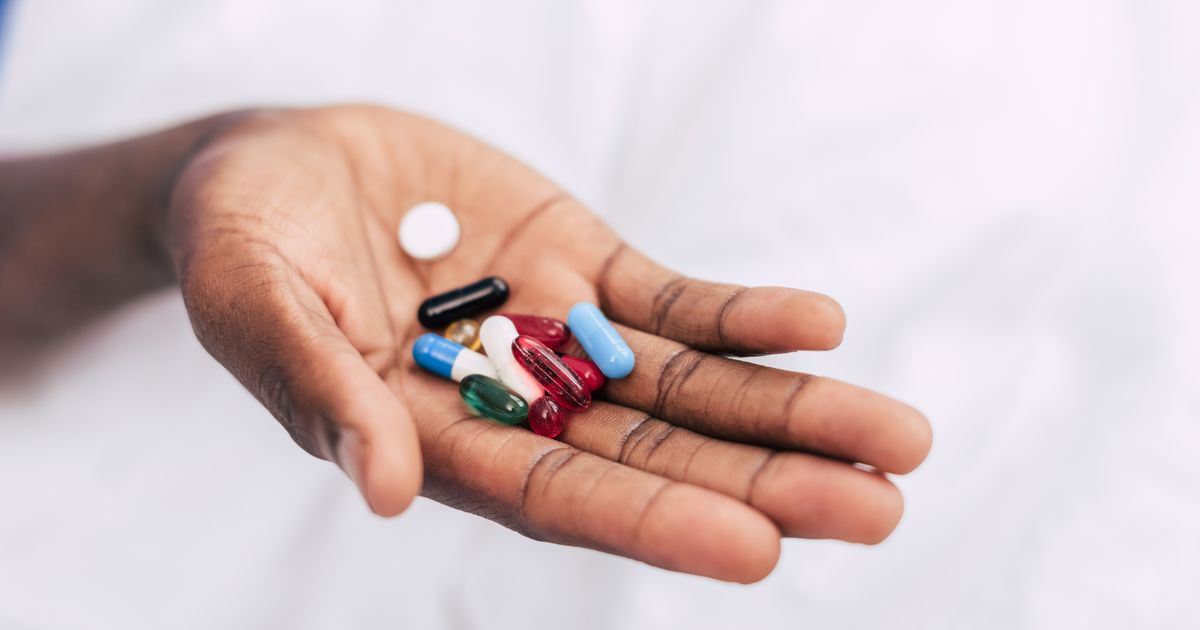
The first treatment dermatologists typically utilize for many skin issues, including nodular acne, is oral antibiotic medication. Antibiotics are powerful antitoxins and kill the bacteria and other microorganisms that cause acne nodule breakouts. This helps soothe redness and inflammation and allows the skin's healing process to get a head start. Oral antibiotic treatment regimens for nodular acne typically span three to six months, and in severe cases, it can be prescribed for longer. Usually, oral antibiotics are prescribed at the start of the treatment plan to help clear up the initial severe outbreaks that brought the individual to the dermatologist to begin with. Once the nodular acne has been cleared up, preventative measures are used to maintain and minimize future nodular acne breakouts. For particularly bad outbreaks after a long period of being off the antibiotics, a dermatologist may prescribe it again to help clear the breakout up when other methods are not effective. Oral antibiotics for nodular acne are no way intended to be a continuous long term treatment option, as the body will build up a resistance to them that reduces their effectiveness.
Continue reading to reveal the next method of treating nodular acne now.
Chemical Peels
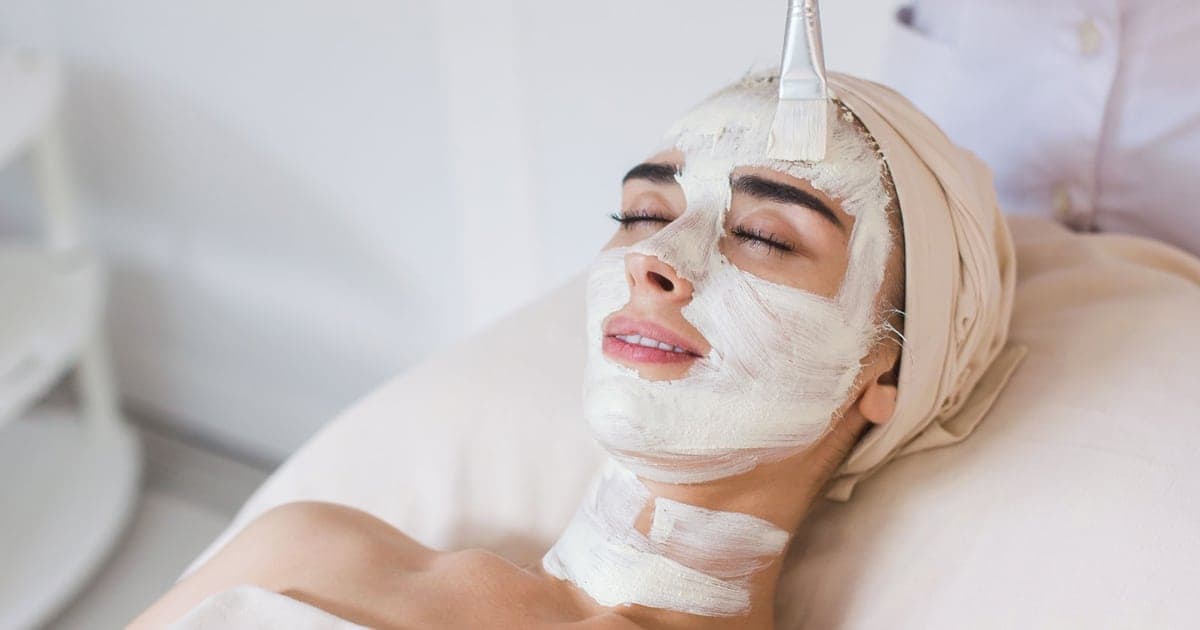
Chemical peels are characterized by the application of solutions to the skin that can be more acidic or basic depending on the individual's skin condition. Chemical based peels can be classified by the layer of skin they will cause to peel. Chemical-based peels can be effective in treating nodular acne because they are able to unclog pores and destroy scarred parts of the affected areas for a more aesthetically pleasing result. Chemical based peels do this by essentially destroying and stripping dead cells off of different skin layers to produce a brand new layer of younger skin cells with more consistent skin tones and allow for proper pore drainage the old layer did not. While numerous chemical-based peels can be purchased over-the-counter, it is best to have a chemical-based peel done by a professional at a dermatologist's office. The chemicals in their peels are much stronger and the application is done with much more skill than it would be if it were done in the home. Often individuals suffering from nodular acne will give chemical-based peels a try when topical medication does not seem to work very well.
Get the details on more ways to treat nodular acne.
Topical Acne Medication
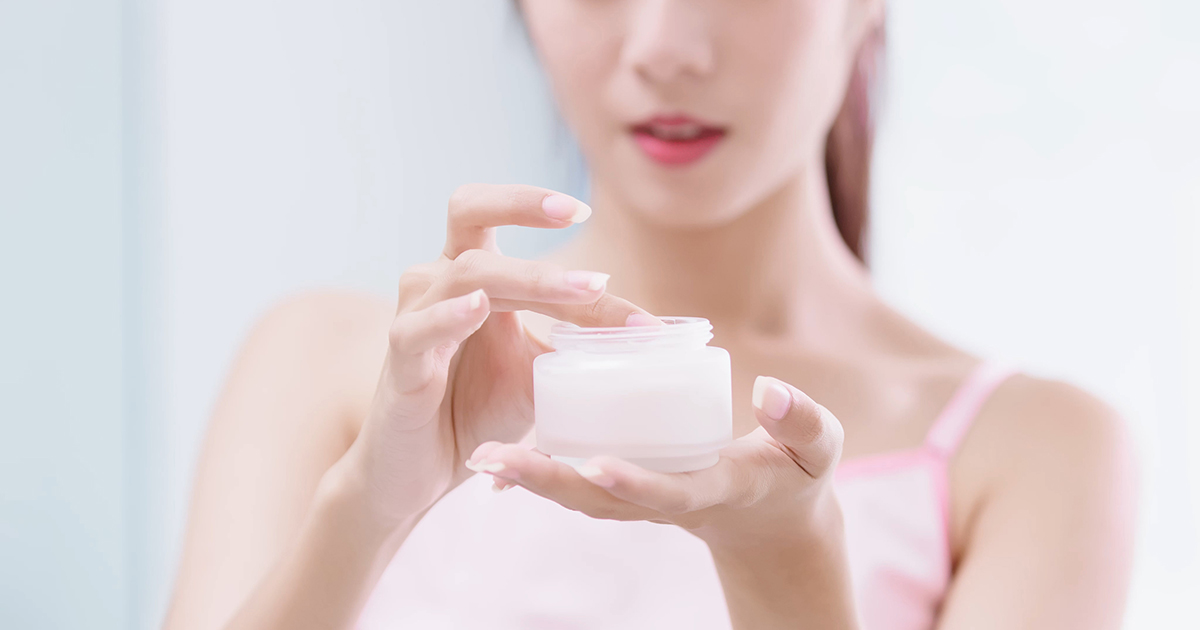
Topical medications can come in numerous forms, such as gels and creams, and contain different active ingredients that perform different functions. Antibiotic-based topical acne medication tends to focus on killing the bacteria and stopping its growth in the acne nodules to allow for reduction of redness and inflammation. Another form of topical nodular acne treatment, topical retinoids, or synthetic forms of vitamin A are used for nodular acne because they have the ability to cause rapid skin exfoliation that consistently and effectively helps keep pores from becoming clogged and getting infected. Topical medications for acne can come with one of the two aforementioned active ingredients, or they can be a combination of both antibiotics and retinoids. The type of topical medication used to treat an individual's nodular acne will be determined by the physician who is prescribing it so it can be treated based on each patient's needs.
Learn more about treating nodular acne effectively now.
Acne Drainage
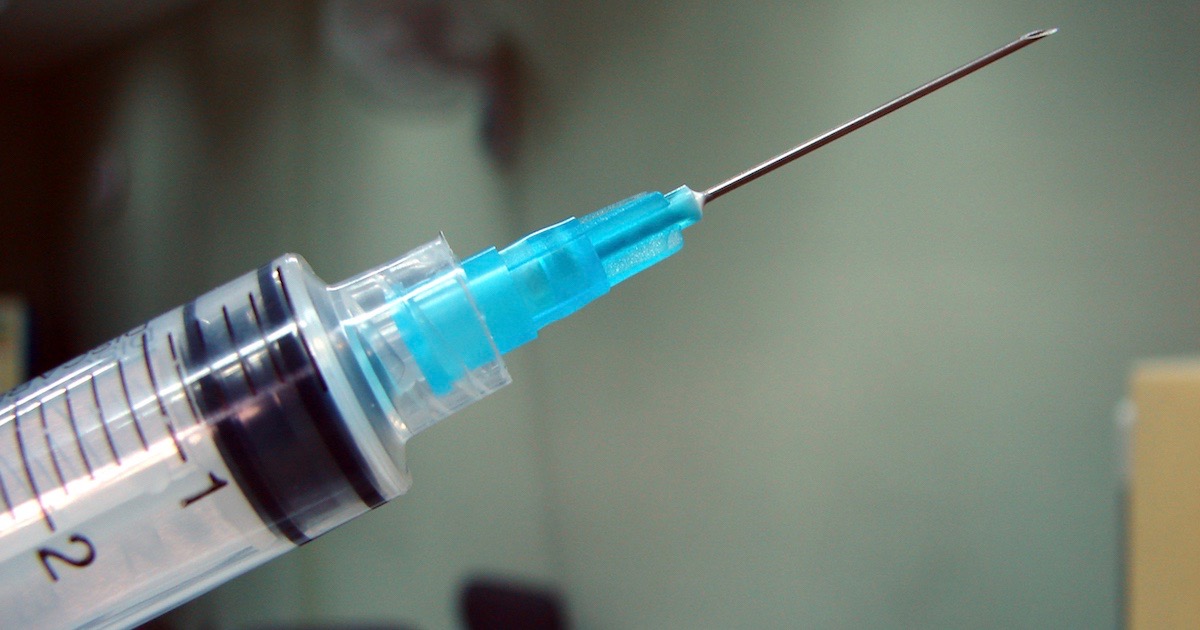
Acne drainage is a procedure performed by a physician to treat severe and incredibly stubborn cases of nodular acne. Often times this procedure is done to help alleviate pain the patient is feeling from nodular acne breakouts. An additional benefit of an acne drainage procedure is it decreases the chances of a nodule leaving a scar. The procedure of draining acne nodules typically involves a sterile syringe and a needle used to first numb the area (if necessary) and then draw the fluids out of the nodules. This reduces pressure, redness, and swelling of the affected area and often provides a good amount of pain relief for the patient. Once the infected fluid is removed from the acne nodule, it can begin the healing process with the additional help of topical agents.